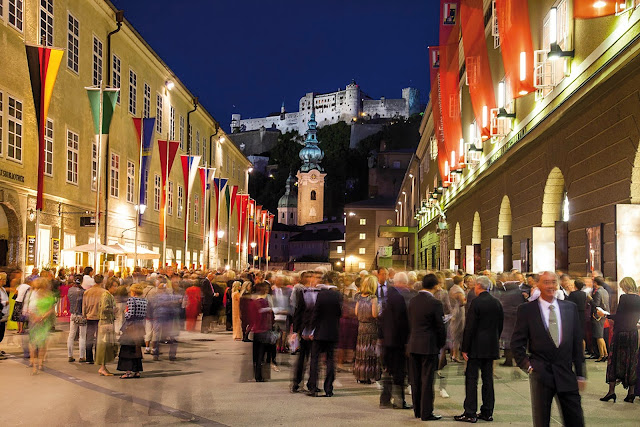 |
| Salzburg Festival - Hofstallgasse (Photo © SF/Kolarik) |
On Wednesday we were invited to high tea at the Austrian Ambassador's Residence in Belgrave Square for high tea (English sandwiches and Austrian cakes) with Helga Rabl-Stadler, president of the Salzburg Festival, and Markus Hinterhäuser, intendant of the festival, to learn about the festival's plans for 2018. There is much to look forward to, 206 performances over 42 days at 18 venues (20 July to 30 August 2018) with five new opera productions, a revival of a production from the Whitsun Festival and two concert performances, including opers by Hans Werne Henze and Gottfried von Einem, alongside a programme of concerts which includes the Vienna Philharmonic Orchestra alongside visiting guests, as well as a performance of Penderecki's St Luke Passion.
The highlight for me must be the final new production, Hans Werner Henze's
The Bassarids
which was commissioned by the festival and first performed there in
1966. Kent Nagano conducts the new production, directed by Krysztof
Warlikowski, with a cast includng Sean Panikkar, Russell Braun, and
Willard White. And rather strikingly, Gottfried von Einem's centenary is celebrated with a concert performance of his Kafka-based opera,
Der Prozess, with HK Gruber conducting.
The first new opera production of the festival is Mozart's
Die Zauberflöte directed by Lydia Steier (an American director who staged Handel's
Jephtha at the Vienna Festival) with Matthias Goerne as Sarastro, Albina Shagimuratova as the Queen of the Night, Mauro Peter as Tamino and Christiane Karg as Pamina, conducted by Constantinos Carydis. Franz Welser-Möst conducts Richard Strauss's
Salome with Asmik Grigorian singing the title role for the first time, and Italian director Romeo Castellucci (who also designs the sets, costumes and lighting) promising a production without a drop of blood. John Daskak and Anna Maria Chiuri sing Herod and Herodias.
The festival had intended to revive the 2017 production of Verdi's
Aida, but without Anna Netrebko and Riccardo Muti it was decided not to, and instead this has morphed into a new production of Tchaikovsky's
The Queen of Spades. Mariss Jansons conducts and Hans Neuenfels directs, with Brandon Jovanivich as Hermann.
A year after the Monteverdi celebrations, the festival is celebrating Monteverdi with a new production of
L'Incoronazione di Poppea, an opera Markus Hinterhäuser sees as not that dissimilar to
Die Zauberflöte. The work will be staged by Jan Lauwers and his arts collective Needcompany, with William Christie conducting Les Arts Florissants. The soloists are an interesting mix of period and modern expeerience, with Sonya Yoncheva (seen recently at Covent Garden as Bellini's
Norma) as Poppea, Kate Lindsey as Nerone and Stehanie d'Oustrac as Ottavia.
Moshe Leiser and Patrice Caurier's production of Rossini's
L'Italiana in Algeri from the Whitsun Festival is being performed with Cecilia Bartoli in the title role, Jean-Christophe Spinosi conducts his Ensemble Matheus. There is also a concert performance of Bizet's
Les Pecheurs de Perles makes an appearance, with Patrick Fournillier conducting and a cast which includes Javier Camarena, Aida Garifullina and Placido Domingo. Not a cast for the ages, or for French stylists but one to intrigue perhaps.
The festival's Overture Spirituelle commences with a performance of Penderecki's huge
St Luke Passion with Kent Nagano conducting the Orchestra Symphonique de Montreal and the Krakow Philharmonic choir. The Vienna Philharmonic Orchestra's concerts feature conductors Andris Nelsons, Esa-Pekka Salonon, Riccardo Muti, Herbert Blomstedt and Franz Welser-Möst in repertoire including Bernd Alois Zimmerman, Hans Werner Henze and Luciano Berio. Visiting orchestras include the London Symphony Orchestra, with Simon Rattle conductin Bernstein's
Symphony No. 2 'The Age of Anxiety and Jancek's
Sinfonietta and Mahler's
Symphony No. 2, and the West-Eastern Divan Orchestra, the Gustav Mahler Jugendorchester and the Berlin Philharmonic Orchestra, conducted by Kirill Peternko. Teodor Currentzis and musicaAeterna will be giving a complete cycle of Beethoven symphonies.
There is a festival focus on two striking contemporary composers, Galina Ustvolskaja (1919-2006), with a chance to hear three of her symphonies alongside smaller scale works including all six piano sonatas, and
Beat Furrer (born 1954) with his music-theatre piece
Bergehren plus six more of his works in four concerts.
There is a third arm to the festival's output, theatre, but this is almost exclusively in German (deliberately so) and so, perhaps, excludes a significant number of the foreign visitors to the festival. Yet drama is important and the performances of Hugo von Hofmannshal's
Jedermann reflect a tradition which started at the first festival. For those familiar with the language, the possibility of seeing Heinrich von Kleist's
Penthesilea is also tempting.
Whilst the festival does not celebrate its centenary until 1920, 2018 is an important year being the centenary of the first meeting of the festival society which ultimately led to the first festival.
As with many arts organisations, young people and young audiences are a concern, but there is also a need for financial prudency. For 2018 over 200,000 tickets will be issued and whilst the top price is 450 euros, the lowest price is 5 euros with nearly half the available tickets at 105 euros or less. There are affordable tickets for young people, as well as concerts with young artists and of course the Nestle conductor's competition.
Festival's such as Salzburg are essential to artistic life but they have to continuously strive to put on work which would not be available in the regular opera houses, and the festival seeks to be 'an epicentre of the extraordinary' Markus Hinterhäuser's vision is to challenge audiences in a serious and artistic way.
Full details from the
Salzburg Festival website.






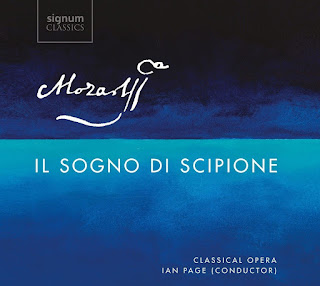


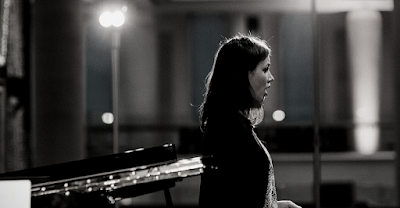
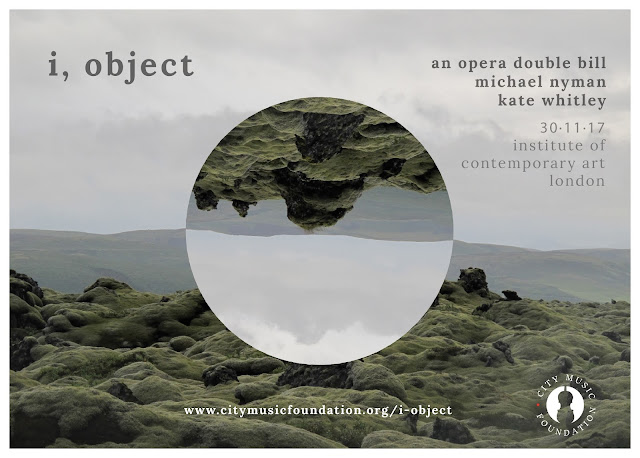


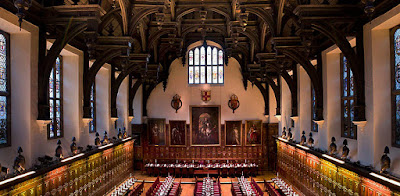



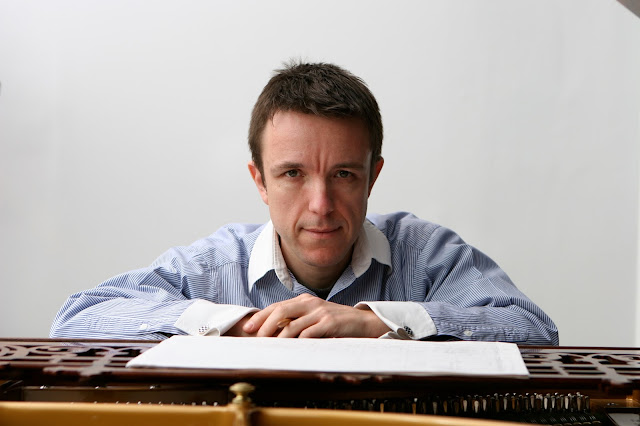







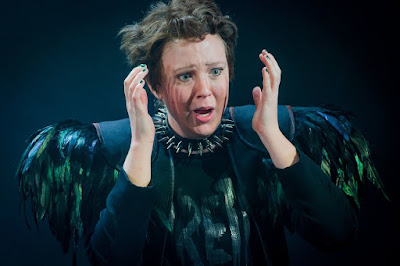






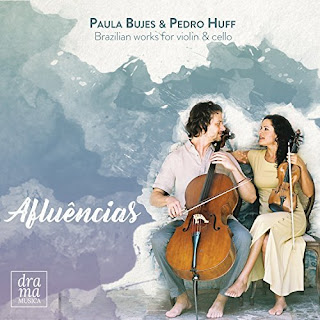

%20Ali%20Wright.jpg)

%20Ali%20Wright.jpg)





